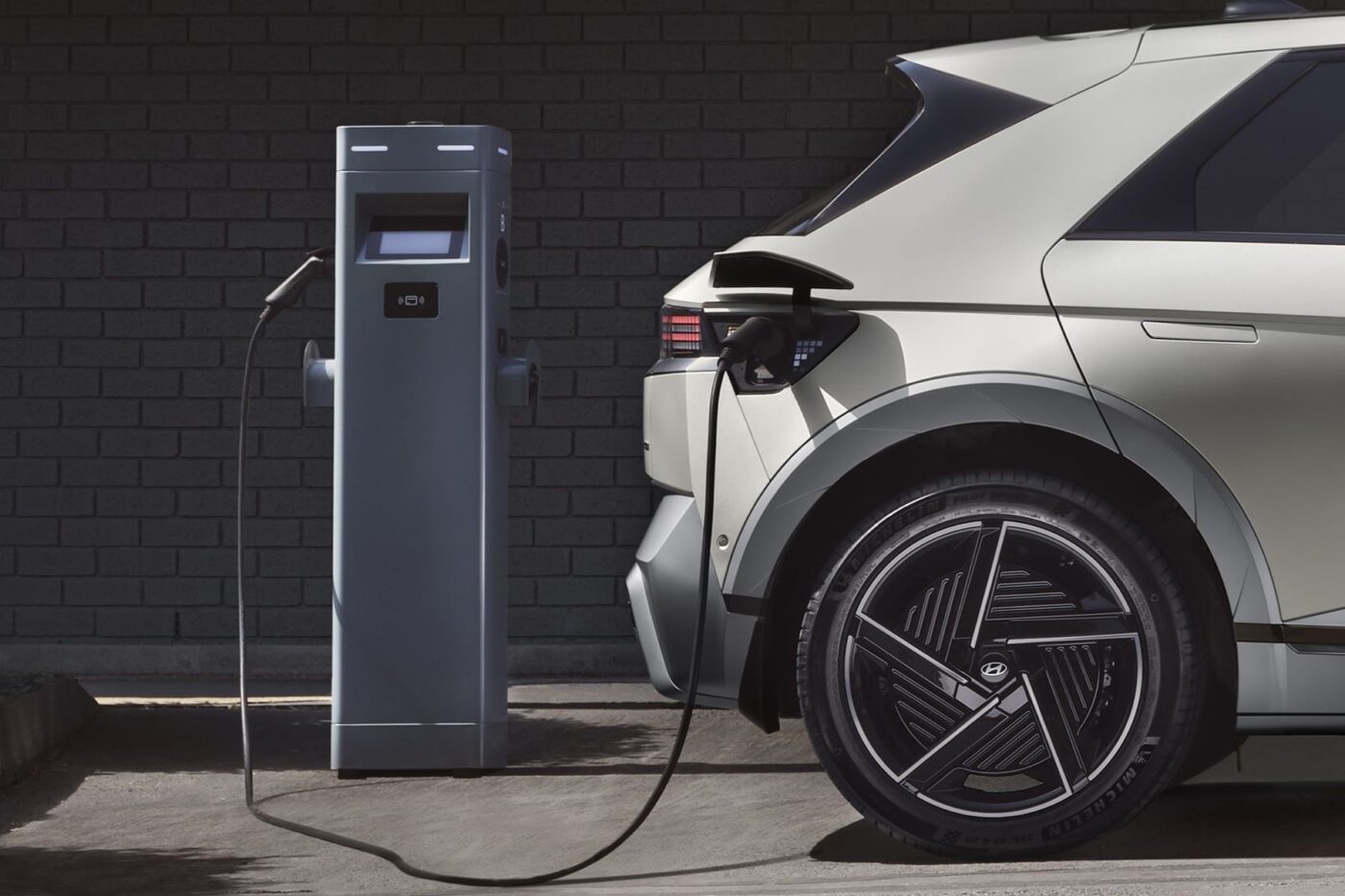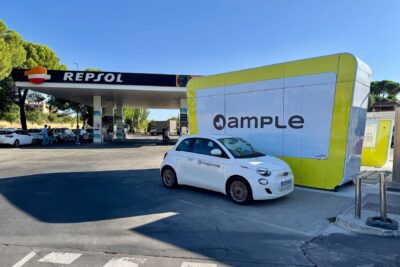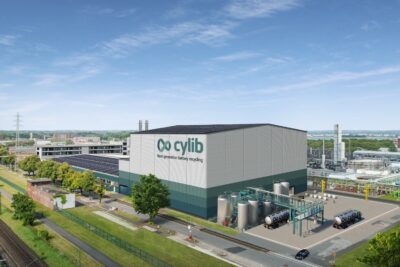Hyundai to halve slow charging time in future EVs
Hyundai says in its latest sustainability report that it is considering a 50% reduction in slow-charging time compared to current levels with the introduction of its next-generation dedicated EV platforms. The company is developing an ‘eM’ platform for passenger EVs and an ‘eS’ platform for Purpose-Built Vehicles (PBVs). In addition to faster slow-charging time, it aims to increase battery capacity by 40% and motor output by 28%.
Hyundai uses its latest battery pack in the Ioniq 5 N, which has a 10.5 kW three-phase on-board charger. This battery pack is an 84 kWh lithium-ion unit featuring the company’s fourth-generation technology and fully charging it takes seven hours and 35 minutes.
If Hyundai substantially reduces AC charging time, say, in the Ioniq 5 N’s case, to under four hours, customers may not need to keep their EVs charging overnight. For example, one could start charging their EV through an AC charger at their office when they arrive in the morning and have it fully charged well before the lunch break.
Additionally, as customers would need to rely less frequently on DC chargers, they would significantly lower their charging cost and also extend the life of the battery pack, saving even more in the long run. On a mass level, reduced use of DC chargers can also lower the load on the power grid. Most automakers are focusing on increasing the DC charging input of their EVs, with Chinese companies like Zeekr and Li Auto having crossed figures well over 500 kW. However, improving AC charging may do the greater good for the charging ecosystem globally.
Media reports suggest Hyundai will first use the eM platform in the Genesis GV90, a full-size three-row SUV. The upcoming flagship EV may debut Hyundai’s slow charging improvements as well. The South Korean automaker has confirmed that eM platform-based EVs will include novelty features like swivelling seats in the first and second rows, a pop-up display, and Level 3+ advanced driver assistance functions.
Hyundai plans to offer eM platform-based EVs with cell-to-module battery packs featuring better energy density than the cell-to-module units of the models based on the Electronic Modular Platform (E-GMP). Moreover, the company will use LFP cells instead of NCM cells in certain lower-end cars to price them competitively.
The eM platform will cover B to E model segments and offer a broader range compared to E-GMP. At its 2023 CEO Investor Day event, Hyundai said that it will launch four mainstream EVs and five Genesis EVs based on the new modular chassis between 2025 and 2030. The company also revealed that Kia will use the same platform for four EVs during that period.
bloter.net (in Korean), hyundai.com (in Korean | page no. 25)





1 Comment